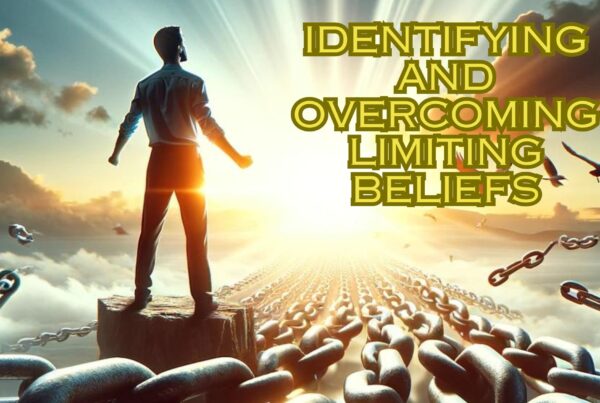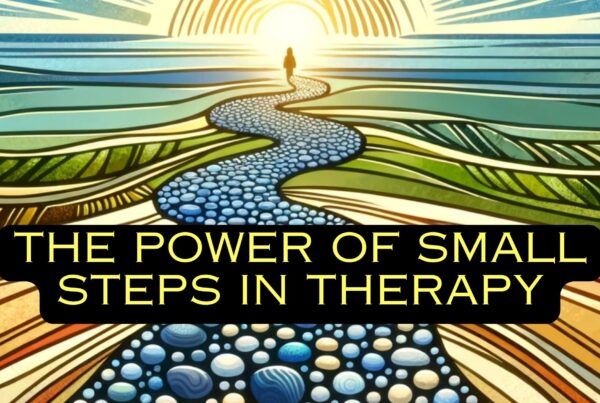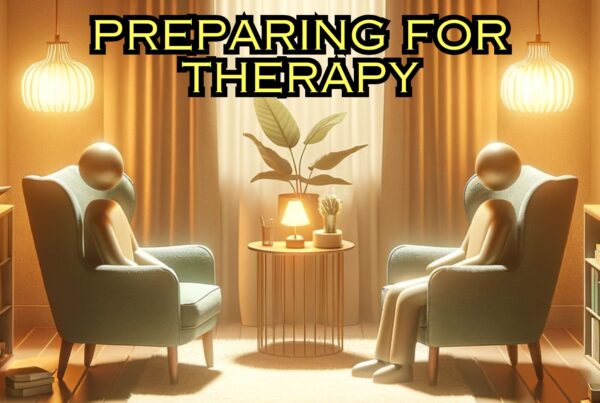Dealing with Post-Celebration Sadness
The Highs and Lows of Positive Events
The excitement of a big celebration or event can be an amazing experience. Whether it's a birthday party, graduation ceremony, or a wedding, the positive emotions and anticipation leading up to the event can be all-consuming. However, what happens when the event ends, and the excitement fades away? Many people experience post-celebration sadness, a feeling of emptiness and sadness that comes after a positive event that was filled with happiness and joy.
Understanding Post-Celebration Sadness
Post-celebration sadness is a common experience that can be caused by a variety of factors. One reason is the loss of the excitement and anticipation that comes with planning and preparing for the event. When the event is over, it can feel like a letdown, and people may struggle to return to their regular routines.
Another reason for post-celebration sadness is the loss of social connection that comes with the event. Celebrations bring people together, and it's easy to feel a sense of community and belonging during the event. After the event, people may feel lonely or disconnected, especially if they don't have regular social interactions in their daily lives.
Additionally, some people may experience post-celebration sadness due to the realization that the event marked a significant milestone in their life. Whether it's a wedding, graduation, or retirement party, these events often signal the end of one chapter and the beginning of another. This can be a difficult transition, and the sadness may come from a fear of the unknown or a sense of loss.
Coping with Post-Celebration Sadness
While post-celebration sadness can be a difficult experience, there are many strategies that people can use to cope. One effective way is to practice mindfulness, which involves focusing on the present moment and accepting one's thoughts and feelings without judgment. Mindfulness can help people acknowledge and process their emotions, which can lead to a sense of calm and acceptance.
Another helpful strategy is to maintain a sense of routine and structure after the event. This can help people transition back into their regular daily life and give them a sense of stability. It's also important to stay connected with friends and loved ones, either through regular social interactions or by planning future events or get-togethers.
It's also essential to recognize that post-celebration sadness is a natural and normal experience. Rather than trying to push the feelings away, it can be helpful to embrace them and allow oneself to feel sad for a little while. This can help people process their emotions and move on in a healthy way.
Five Ways to Deal with Post-Celebration Sadness
- Practice Mindfulness: Mindfulness is the practice of being present in the moment and fully aware of your thoughts, emotions, and sensations. It can help you to stay grounded and cope with difficult emotions like sadness. Consider practicing mindfulness meditation or simply taking a few minutes to focus on your breath and observe your thoughts and feelings.
- Connect with Others: Celebrations are often social events that involve spending time with friends and family. After the celebration is over, it's important to maintain those connections and continue to spend time with the people you care about. Make plans to meet up with friends or family members, even if it's just for a quick coffee or a phone call.
- Engage in Self-Care: Taking care of yourself is essential for both physical and mental health. Engage in activities that bring you joy, such as taking a bath, reading a book, or going for a walk. Make sure to get enough sleep, eat well, and exercise regularly.
- Practice Self-Compassion: It's easy to be hard on yourself when you're feeling sad, but practicing self-compassion can help you to be kinder to yourself. Treat yourself as you would treat a good friend who is going through a tough time. Acknowledge your feelings and offer yourself words of encouragement and support.
- Set Goals and Look Ahead: Sometimes, it can be helpful to set goals and look ahead to the future. Consider what you would like to achieve in the coming weeks or months, and make a plan to work towards those goals. This can help to give you a sense of purpose and direction, and can help you to move forward from the sadness you're feeling.
- Baumeister, R. F., Bratslavsky, E., Finkenauer, C., & Vohs, K. D. (2001). Bad is stronger than good. Review of general psychology, 5(4), 323-370.
- Desrosiers, A., Vine, V., Klemanski, D. H., & Nolen-Hoeksema, S. (2013). Mindfulness and emotion regulation in depression and anxiety: common and distinct mechanisms of action. Depression and anxiety, 30(7), 654-661.
- Kroenke, K., Spitzer, R. L., & Williams, J. B. (2001). The PHQ-9: validity of a brief depression severity measure. Journal of general internal medicine, 16(9), 606-613.
- Kross, E., & Ayduk, O. (2017). Self-distancing: Theory, research, and current directions. Advances in experimental social psychology, 55, 81-136.
- Seligman, M. E. (2018). Learned optimism: How to change your mind and your life. Vintage.
By practicing mindfulness, connecting with others, engaging in self-care, practicing self-compassion, and setting goals for the future, you can help to cope with post-celebration sadness. Remember, it's okay to feel sad, but with time and support, you will begin to feel better.
Seeking Help for Post-Celebration Sadness
If post-celebration sadness persists for an extended period, it may be a sign of a more serious mental health condition, such as depression. In these cases, it's essential to seek professional help from a therapist or mental health provider.
Therapy can help people process their emotions and develop coping strategies to manage their sadness. Additionally, therapy can provide a safe and supportive space for people to explore their feelings and work through any underlying issues that may be contributing to their post-celebration sadness.
Post-Celebration Sadness is a Common Experience
Post-celebration sadness is a common experience that can be difficult to navigate. It's important to understand that these feelings are normal and that there are many strategies that people can use to cope. By practicing mindfulness, maintaining a sense of routine, and staying connected with others, people can work through their post-celebration sadness in a healthy way. And if the sadness persists, seeking professional help from a therapist or mental health provider can provide additional support and guidance. Remember, it's okay to feel sad after a big event or celebration. Allow yourself to process your emotions and be kind to yourself as you navigate this transition.
References
Book Your FREE 30 Minute Consultation With Release Hypnosis NOW!
You may also like to read:
How Journaling Can Help Deal with Difficult Thoughts and Feelings
Can’t Visualise in Hypnosis? Here’s What You Can Do Instead.
Release Hypnosis Celebrates 8 Years!
What Is The Success Rate of Hypnosis?








